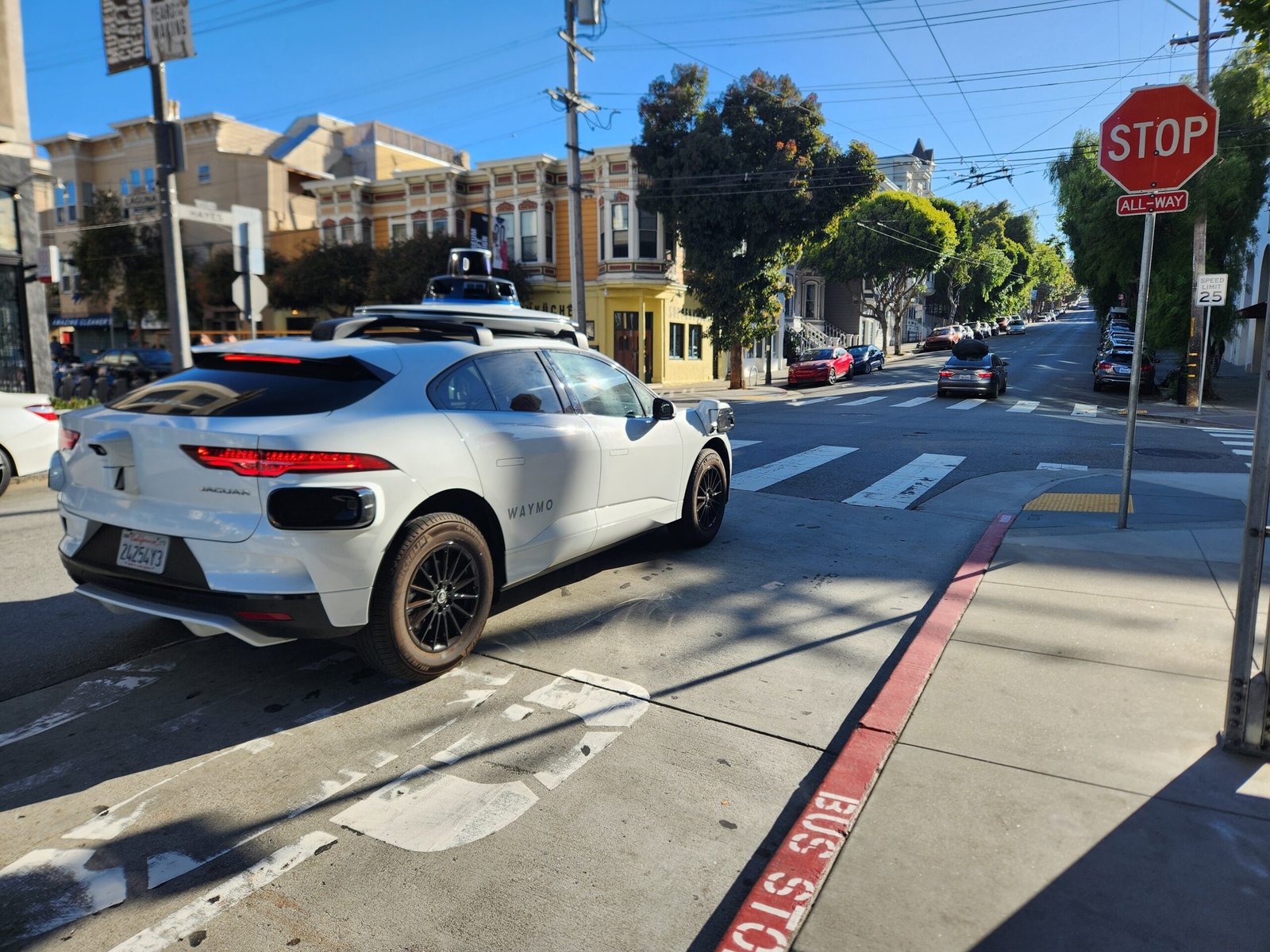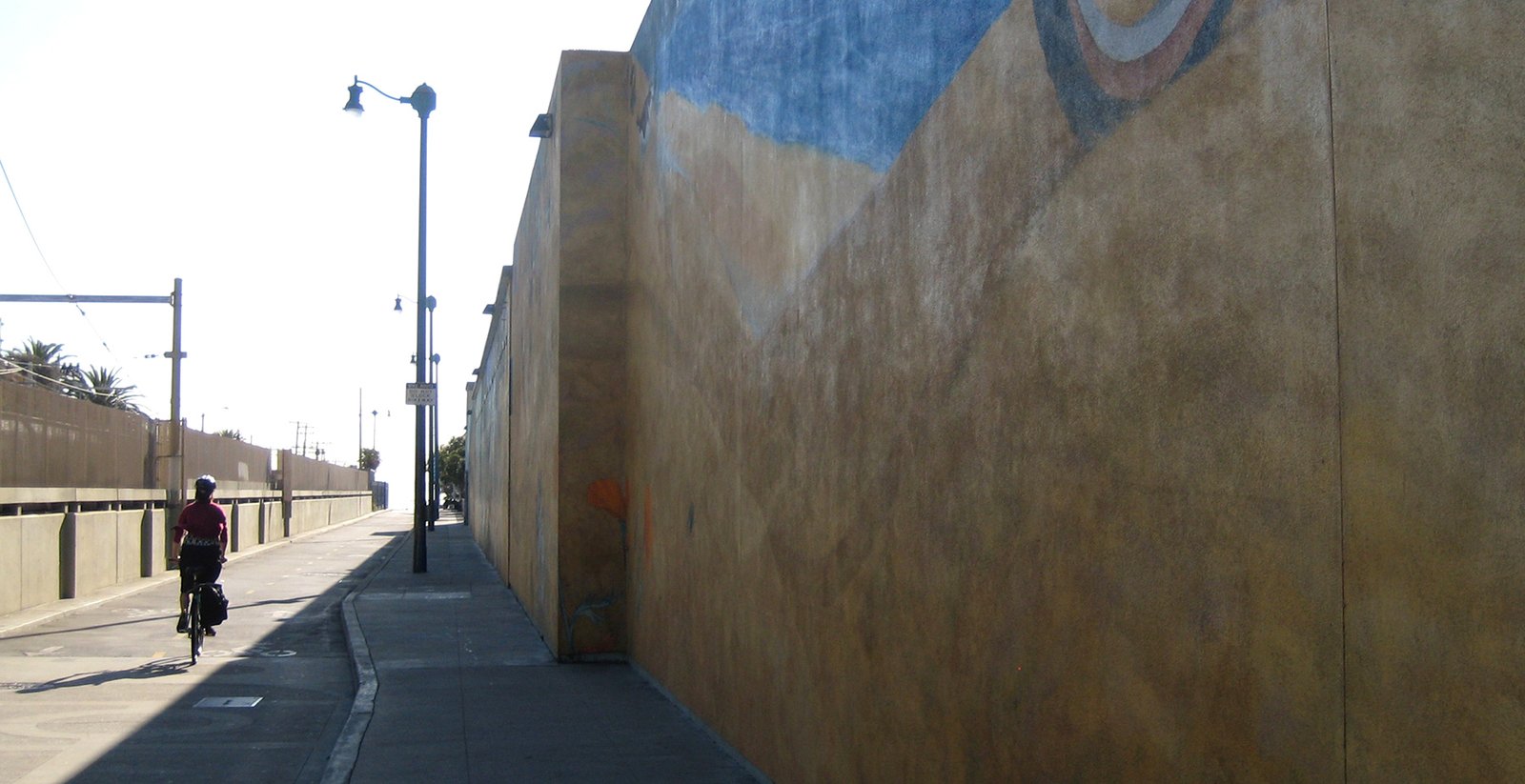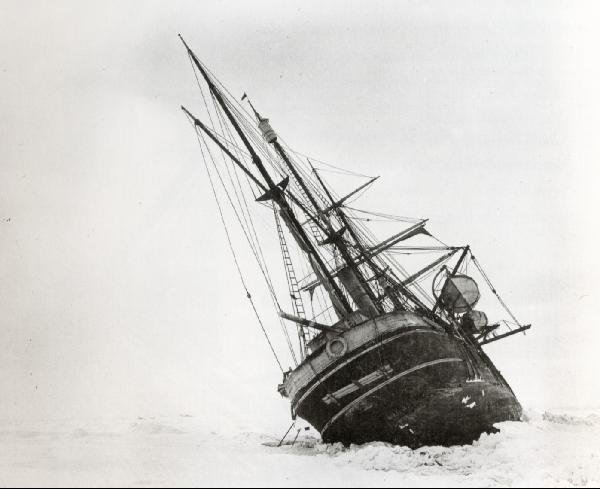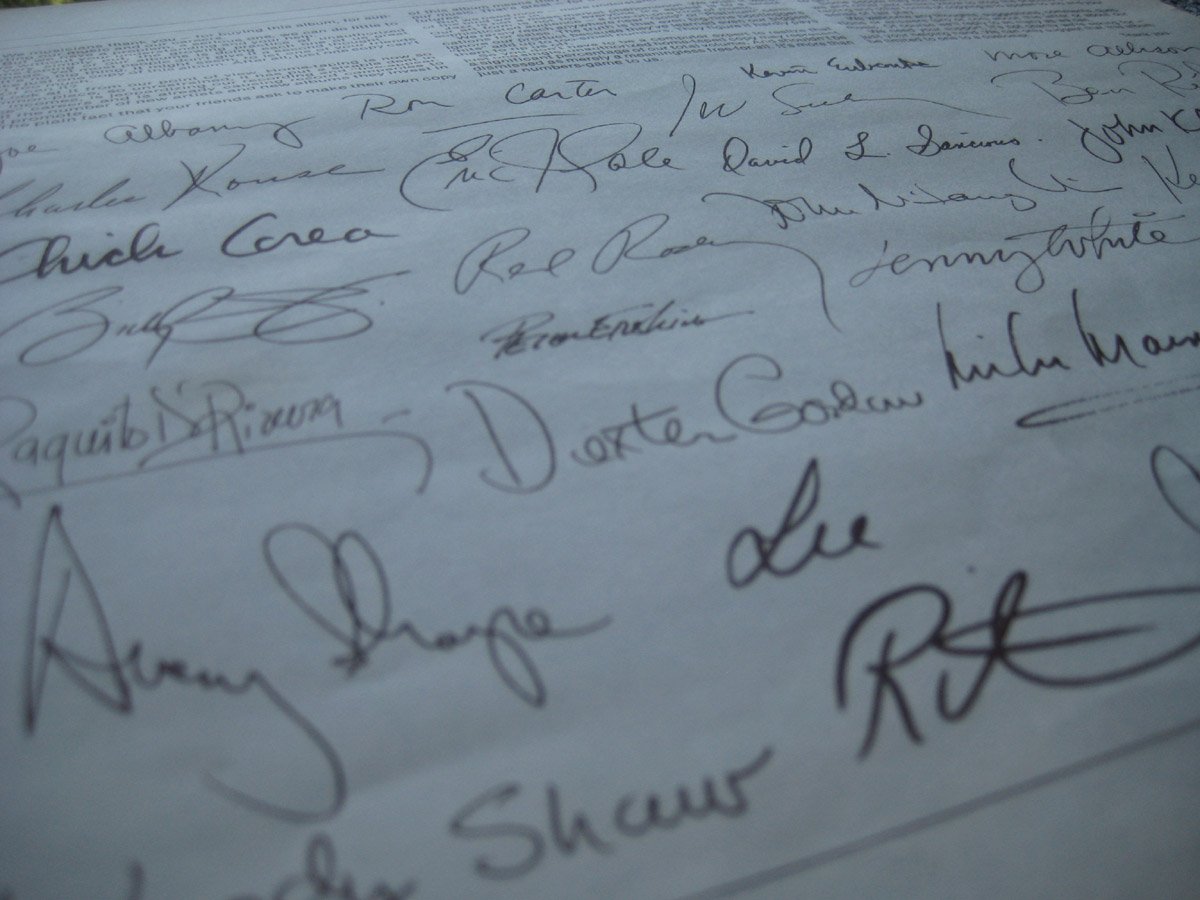UPDATE: January 13, 2025
It comes to no surprise that Mark Zuckerberg so easily began licking the boots of Donald Trump. The character of both men are very similar. Both do not take responsibility for their actions. Both care little about the truth. Both could care less about the mental health of your kids. Both know nothing of virtue but only their own egos, power and wealth. The essay below from four years ago is a rant into how the laws of the late twentieth century set the stage for our current crisis’s. The laws let the genie out of the bottle. The essay does not propose a solution but hopefully illuminates how metaphors from the analog world are dangerous when used in the new digital era. Even though the rich and powerful try to get around them, laws matter.
This essay explores different perspectives concerning Section 230 of the Communications Decency Act of 1996. Movies such as The Social Network have finally made obvious to the broader public some of the toxicity of social media and this essay is to point out that Facebook and other social media companies are not like cork message boards at the laundromat but rather a modern, innovative and complicated form of publishing. For some background, read the New York Times article Tech Companies Shift Their Posture on a Legal Shield, Wary of Being Left Behind where in the comments a gentleman from New York commented the following:
– Kenneth, ny
Section 230 is the wrong tool for regulating tech giants; it’s how people can say something on the internet without bringing down the hosting service. Let’s remove it; we’d lose these comment boards because now the Times is liable for its contents. Twitter gets nuked completely (possibly a good outcome in your estimation!) but so too does every place users can place comments. The analogy that impressed me in law school was the idea of a cork message board — if someone comes along and staples a defamatory statement, you go after the person who posted it. You don’t sue the owner of the corkboard. And if the corkboard owner removes the defamatory statement, then the original speaker doesn’t get to sue them in turn. That’s the point and purpose of section 230. If the corkboard owner owns all the corkboards, then okay, that’s why we have antitrust laws. But unless you want to start scrutinizing all online speech via legislation, we should use other means to attack the power of the internet giants.
ACT 1: The Metaphor Trap
Trying to make sense of the new digital world, people conjure up metaphors from the physical world. For many years it was called the Information Superhighway and the internet was something that you surfed. Lately, servers are called the cloud. These are convenient ways we, or probably more accurately, marketing departments, try to give people a reference for this fast moving world. But in actuality you do not surf the internet and it is not a cloud. It seems skepticism is sometimes in short supply these days. The notion that interacting with social media and “posting,” is at its essence, the same voluntary action as posting a notice about your lost cat on the local laundromat cork message board is simply naïve. Facebook is not a cork board. It is far more complicated.
ACT 2: Horses and cars
Comparing Facebook with cork bulletin boards is perhaps like comparing horses with cars. Both horses and cars are a means of transportation. Indeed, when the automobile became ubiquitous the motor’s strength was horsepower. This must have been a certain horse in a good mood, and it surely was just an average and not very accurate. Because horses were not cars there were all kinds of regulations about how fast they could go, and how you had to drive with lights on at night and wear seat belts, and eventually it got so bad, you had to have a drivers licence. Cars, as long as they had gas could go for hours on end. Horses need rest. While horses and cars are tools for humans to get from one place to another, they are apples and oranges. Facebook is not a cork board. It is far more complicated.
ACT 3: Geography
A cork board in the laundromat always stays in one place . In reality the only reason the owner of the laundromat put up the freakin’ cork board in the first place was because people kept taping room rentals and lost pet posters on the wall and she was getting tired of cleaning off all the sticky tape. People who see Facebook stuff have it on their phone, on their computer at home, in an internet cafe (they still have those) – basically everywhere they are they can get news and messages from people they do not really even know. They see the social media stuff everywhere. The message board at the laundromat hangs out in the laundromat all night in the dark with the florescent lights off waiting for the morning for the door to be unlocked and someone to poke it with a thumbtack in the morning the next day.
Furthermore, your laundromat bulletin board is not a two way mirror where some creepy white guy in a hoody is behind the glass spying on your every move, changing what you see on the bulletin board by gauging your mood and even where your eyes focus. It does not track whether you were in the laundromat last week, or how many loads you did, or whether you just came from the grocery store. Facebook is not a cork board. It is far more complicated.
ACT 4: Classified Ads
In reality a cork board in a laundromat is perhaps more like a free classified service like craigslist but the cork board in a laundromat is physical.. However, unlike craigslist and for that matter Facebook, when someone posts a notice on the cork board they do not have to give the owner of the cork board their birth date, email, or any other personal information. On the cork board people post their “stuff” and often write their phone number many times on the notice so that people can tear off the phone numbers and easily call them . People are usually pretty anonymous and everyone sees the same stuff. The woman who owns the laundromat (or craigslist for that matter) does not customize the cork board for different laundromat users based on their politics, gender orientation or sport teams affiliation. Facebook is not a cork board. It is far more complicated.
ACT 5: Selling Your Self to the Devil
Unlike Facebook, I would wager that a cork message board in my local laundromat is pretty harmless. It is not a platform associated with radical white extremists that are conspiring to kidnap the governor, or entire governments intent on marginalizing and murdering certain members of society as what happen in Myanmar.
The cork board is probably not a place where strange inaccurate and totally false conspiracy theories propagate. Perhaps Facebook is more often like a toxic dump site, that is oozing falsehoods and devious schemes all night. but appears benign. Facebook is not a cork board. It is far more complicated.
ACT 6: What if I post stuff that is copyrighted?
A few years after Section 230 of the Communications Decency Act of 1996 was the DMCA (Digital Millennium Copyright Act) which ushered in the 21st century that often marginalized tradition creators of music, art and publishing. The DMCA made it completely legal for hosting companies and most often large monopolies to make money off of the music of the last 100 years and be free of any legal consequences for copyright infringement as the material was posted by users. Sort of like taping your 100 gig drive of all your CDs as MP3’s on that laundromat cork board and telling everyone to just come and make free copies while the laundromat got financial kickbacks.
I have been writing about how the DMCA is unconstitutional for years.
Digital Millennium Copyright Act 18 Year Anniversary
Facebook is not a cork board. It is far more complicated.
ACT 7: Facebook is actually a Publisher with Unpaid Content Providers and is Edited by Algorithms
Imagine if your Facebook feed came to you once a day in print delivered to your doorstep. It is a “book” by the way. Your print version of Facebook would contain the news from some traditional news source, the warm and fuzzy stories and op-eds from your crazy uncle. It even has comics. It is published in billions of editions and every user gets their own custom versions. This siloing of content is one of the reasons why our democracies are breaking into the tribalism of identity politics. Everyone lives in their custom realities and subjective idealism with their own version of truth. (The customization of various editions is not unlike the New York Times that has a “west coast” version. ) On Facebook and the New York Times are ads and classifieds and Facebook makes billions off the advertising in their publishing business. Facebook is not just a platform, it is a modern, complicated form of publishing with vast editorial power. Indeed, if I posted this essay on Facebook it would soon end up at the bottom of everyone’s feed and eventually the trash. How do I know this? It has happened before when I posted on Facebook such critiques. Facebook is not a cork board. It is far more complicated.
ACT 8: Anti-trust and Toxic Waste Dumps
The quote above that started this ramble speaks of anti-trust and breaking up the likes of Facebook as Teddy Roosevelt helped do with the railroads a hundred years ago. Anti-trust laws will surely be the legal path, but I still maintain: Facebook is not a cork board. It is far more complicated. The legal world needs to realize that the internet is not one huge cork message board at the laundromat where no one is accountable.








